Introducing Miss Kim Chi - hot and spicy!
 After years of eating my plain sauerkraut day in day out, I was craving something with more of a spicy hit! So I recently added a third flavour of sauerkraut to my range: Kim Chi. This is my spin on the traditional Korean fermented condiment. Made with cabbage, carrots, daikon, fresh ginger, chilli and garlic. It is not as spicy as the traditional Korean Kim Chi so that young children might be tempted to eat it depending on how they cope with spicy foods. My 2 are still protesting loudly, so this one might be the M rated version in my house- restricted to mature palates. I have also omitted the fish sauce to cater for my vegetarian clients and customers (don't fall off your chairs peeps).
Other flavours of sauerkraut available:
After years of eating my plain sauerkraut day in day out, I was craving something with more of a spicy hit! So I recently added a third flavour of sauerkraut to my range: Kim Chi. This is my spin on the traditional Korean fermented condiment. Made with cabbage, carrots, daikon, fresh ginger, chilli and garlic. It is not as spicy as the traditional Korean Kim Chi so that young children might be tempted to eat it depending on how they cope with spicy foods. My 2 are still protesting loudly, so this one might be the M rated version in my house- restricted to mature palates. I have also omitted the fish sauce to cater for my vegetarian clients and customers (don't fall off your chairs peeps).
Other flavours of sauerkraut available:
- plain (with carraway seeds) (definitely kid-friendly)
- turmeric (moderately spicy)
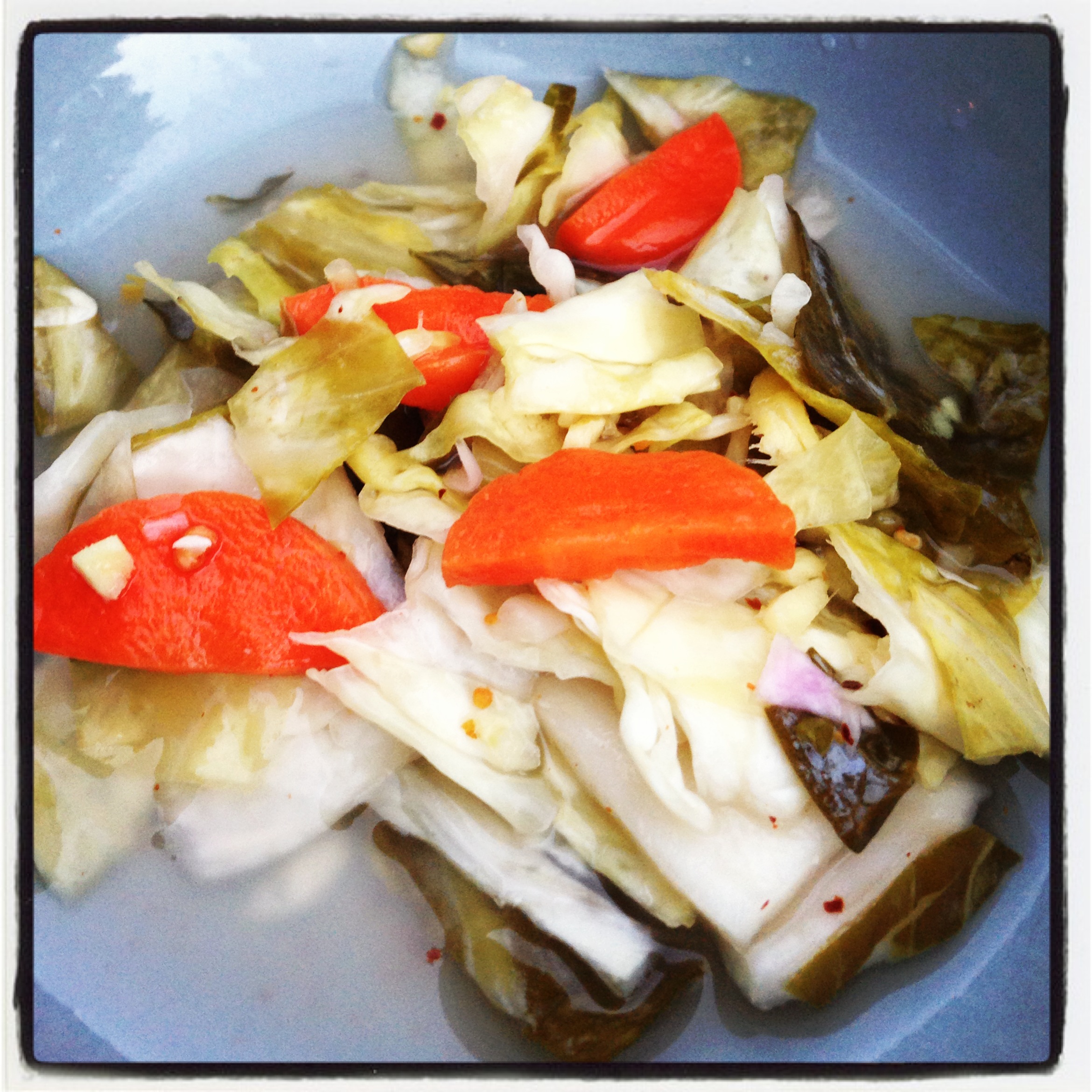
My home-made sauerkraut is hand-made, totally unheated (raw) and retails for $27/600g tub. It lasts for months in the fridge. Start off with 1 teaspoon and build up to 1-2 tablespoons with each meal.
What’s so good about sauerkraut? It’s an easy and highly palatable way to get cultured foods into your body. Cultured (or lacto-fermented foods) like sauerkraut are high in beneficial bacterial (called probiotics) and enzymes which aid in establishing healthy gut flora – essential for healthy digestion, strong immunity, weight range, metabolism, stable mood and brain function. Home-made fermented foods have served traditional cultures for millennia. For more information on the benefits of lacto-fermented foods refer to one my earlier blogs here.
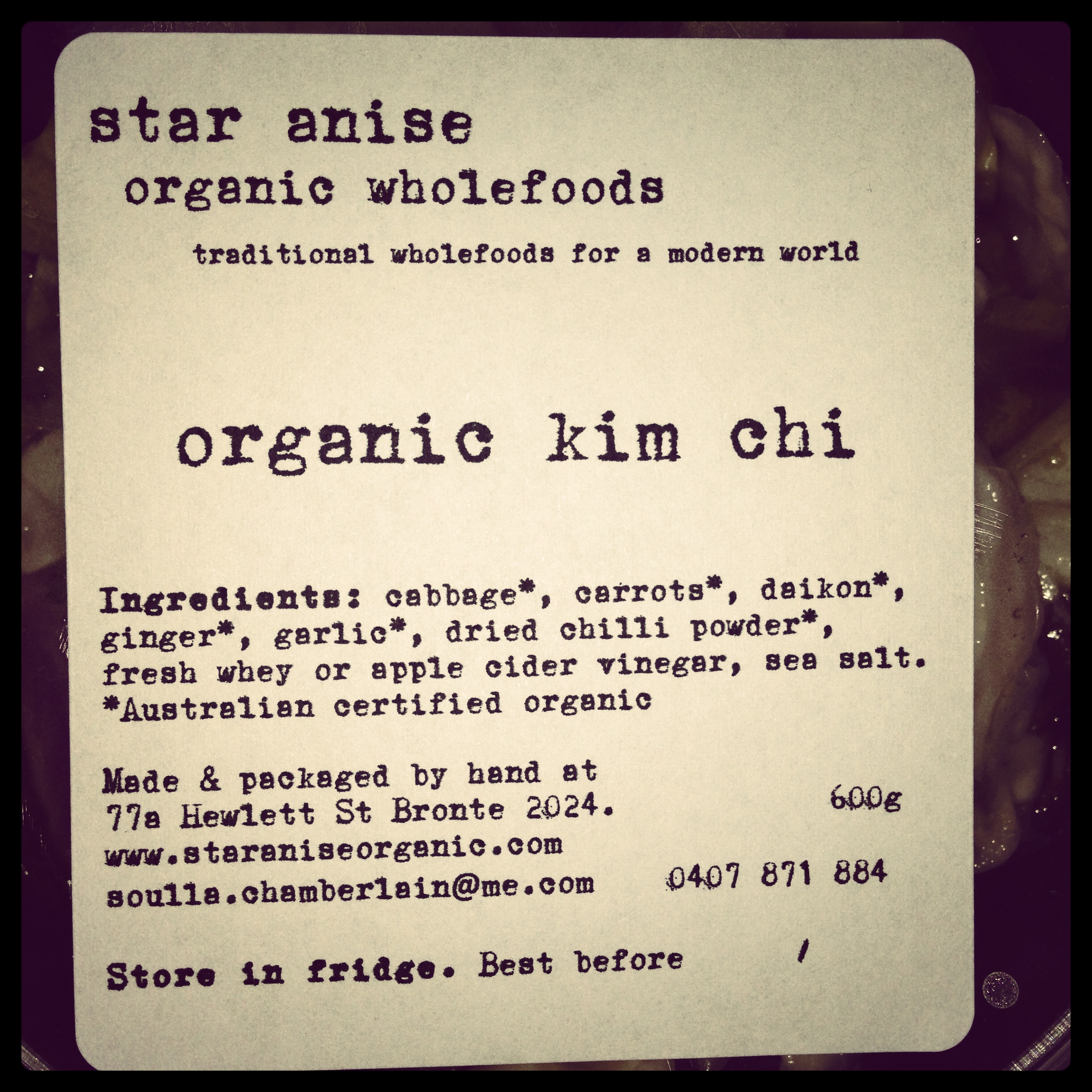
I would really love your feedback on this new product, so please let mw know what you think if and when you try it!
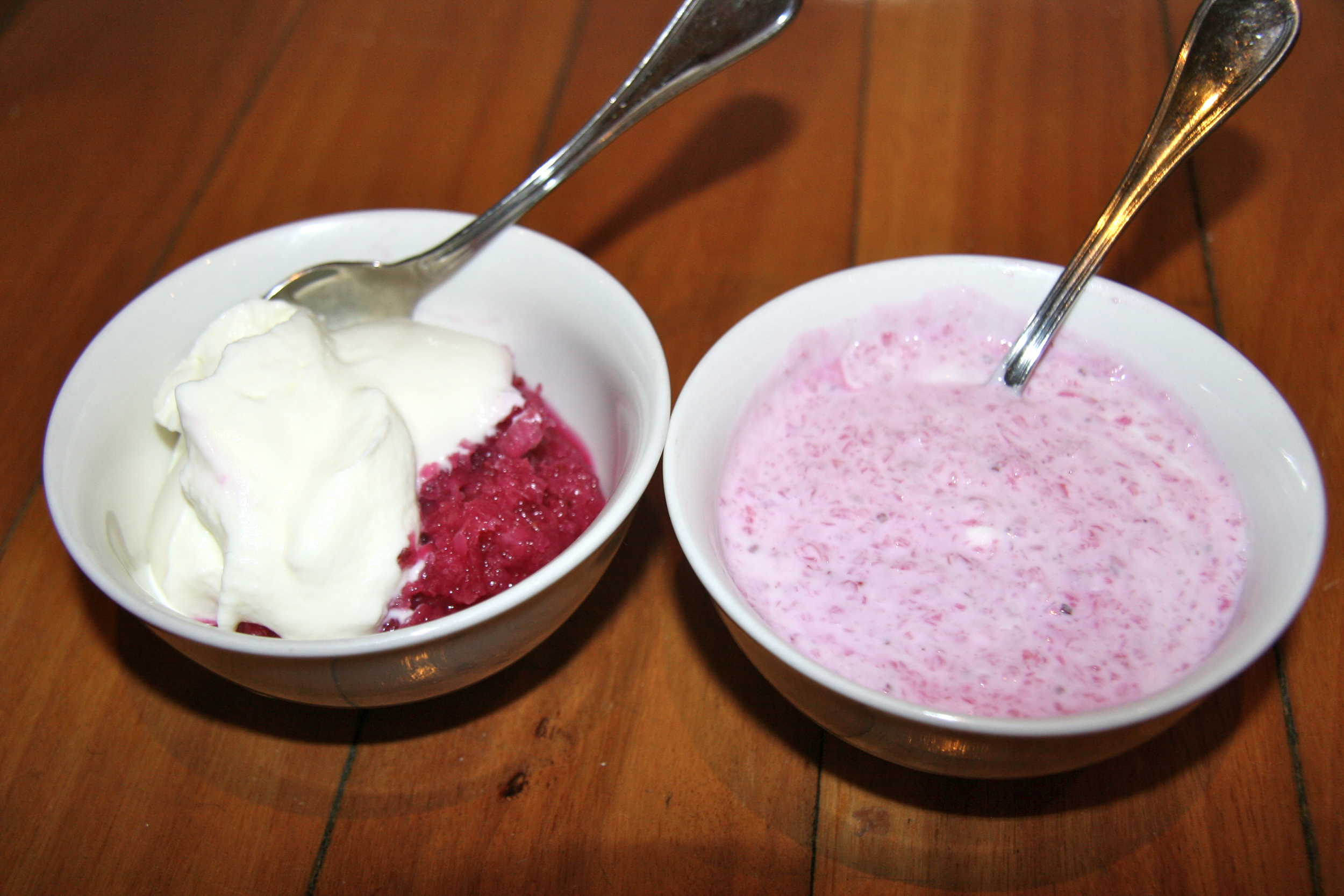

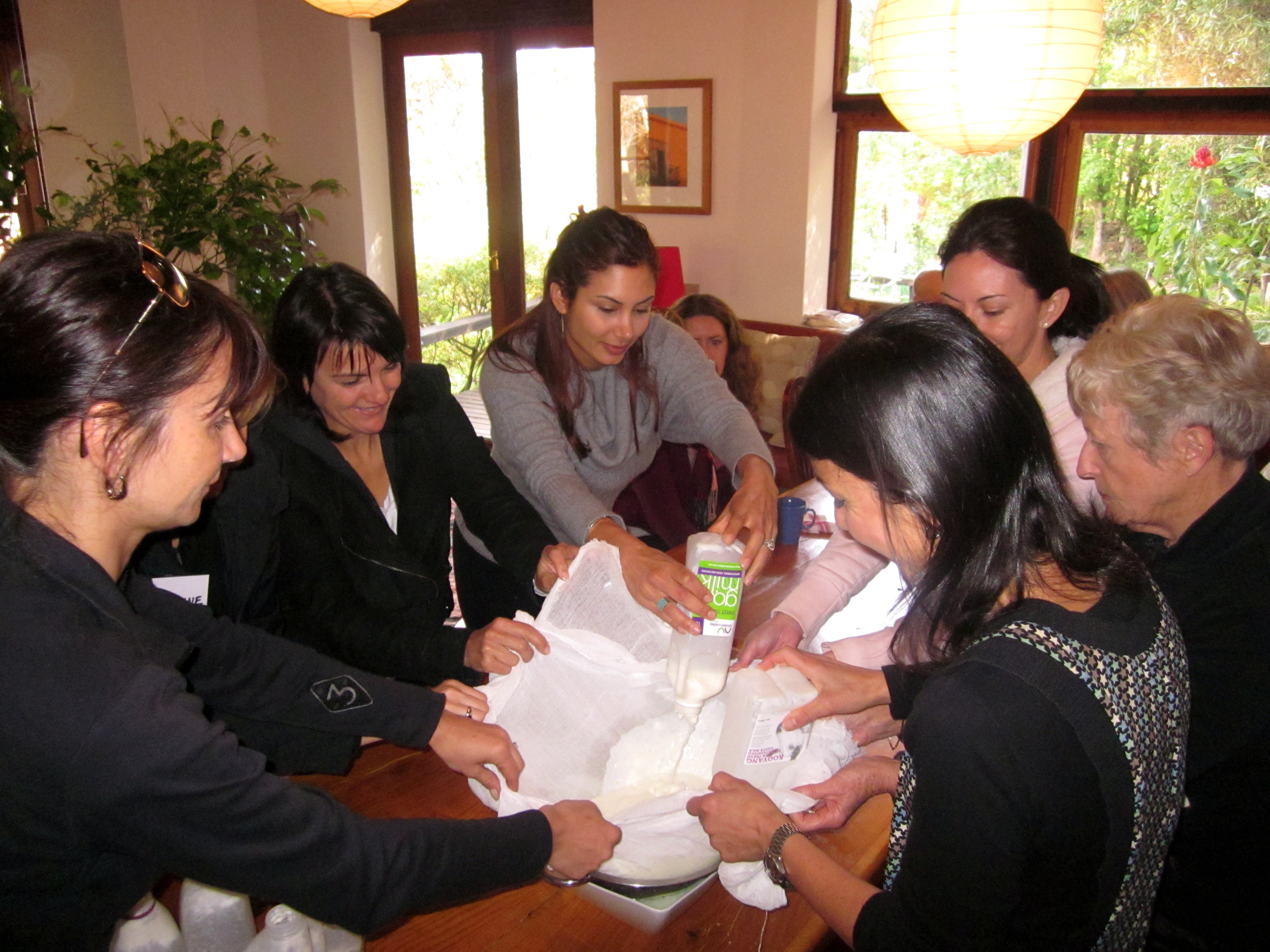

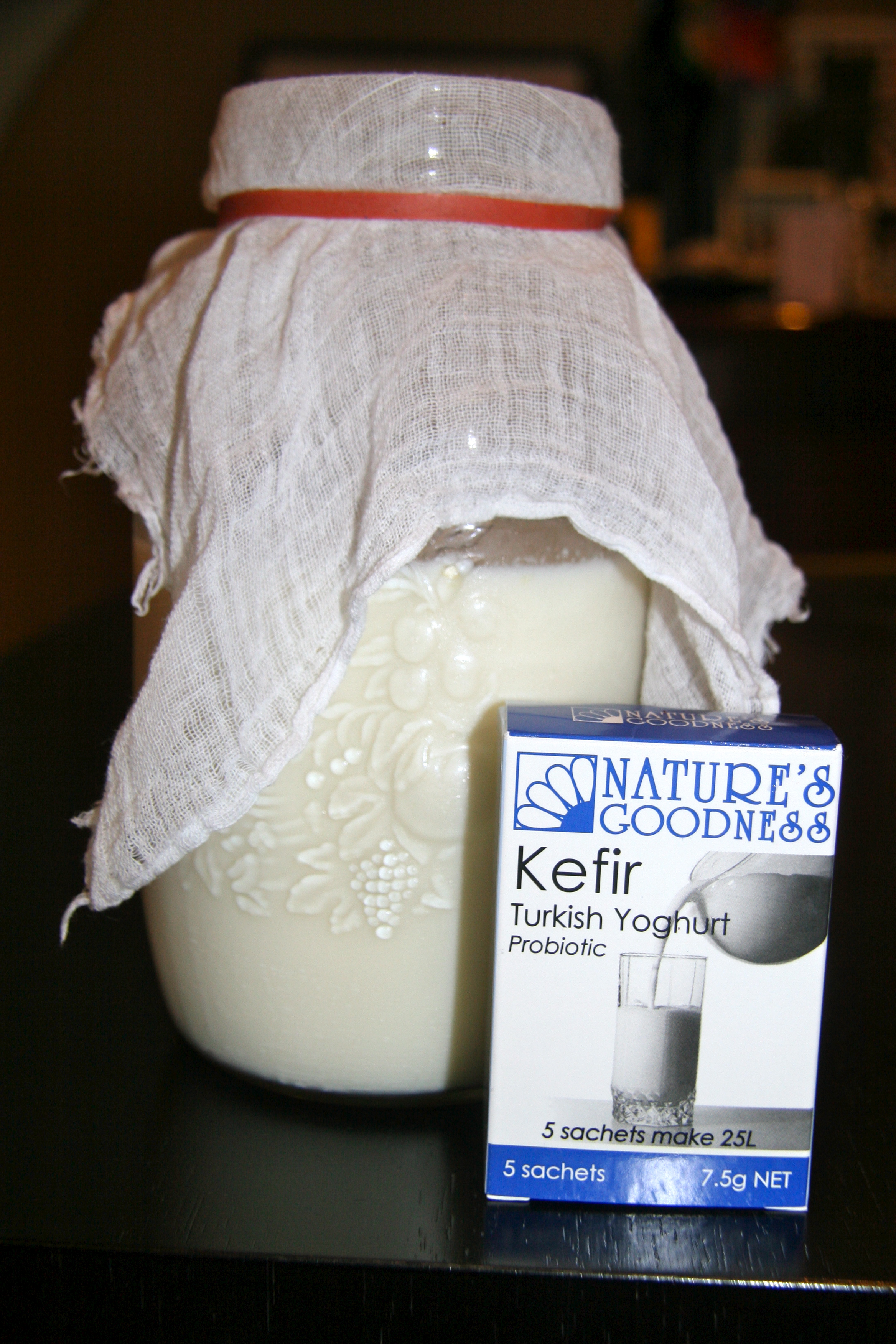 I've been getting a few people asking me lately why their kefir (home-made Turkish yogurt) won't set at this time of year. Quite simply- its because the weather is cold!! During the colder winter months when the temperatures drop the lacto-fermnetation process slows right down. Even after a couple of days of leaving your yogurt on the bench it won't thicken but remains runny. That's ok- its still full of good bacteria (essential for strong immunity and good digestion) and much of the lactose has been removed (eaten up) by the lacto-fermentation process but don't expect the milk to thicken as it does in warmer weather. I still make kefir even over winter but I just consume it as a drink or in smoothies as opposed to eating it like yogurt. So for those who make their own kefir- continue to make it but try to put it in the warmest part of the house when its out at room temperature then transfer it to the fridge after a couple days. For those who want to learn how to make it, I will run a kefir-making workshop when the weather warms up over Spring.
I've been getting a few people asking me lately why their kefir (home-made Turkish yogurt) won't set at this time of year. Quite simply- its because the weather is cold!! During the colder winter months when the temperatures drop the lacto-fermnetation process slows right down. Even after a couple of days of leaving your yogurt on the bench it won't thicken but remains runny. That's ok- its still full of good bacteria (essential for strong immunity and good digestion) and much of the lactose has been removed (eaten up) by the lacto-fermentation process but don't expect the milk to thicken as it does in warmer weather. I still make kefir even over winter but I just consume it as a drink or in smoothies as opposed to eating it like yogurt. So for those who make their own kefir- continue to make it but try to put it in the warmest part of the house when its out at room temperature then transfer it to the fridge after a couple days. For those who want to learn how to make it, I will run a kefir-making workshop when the weather warms up over Spring.